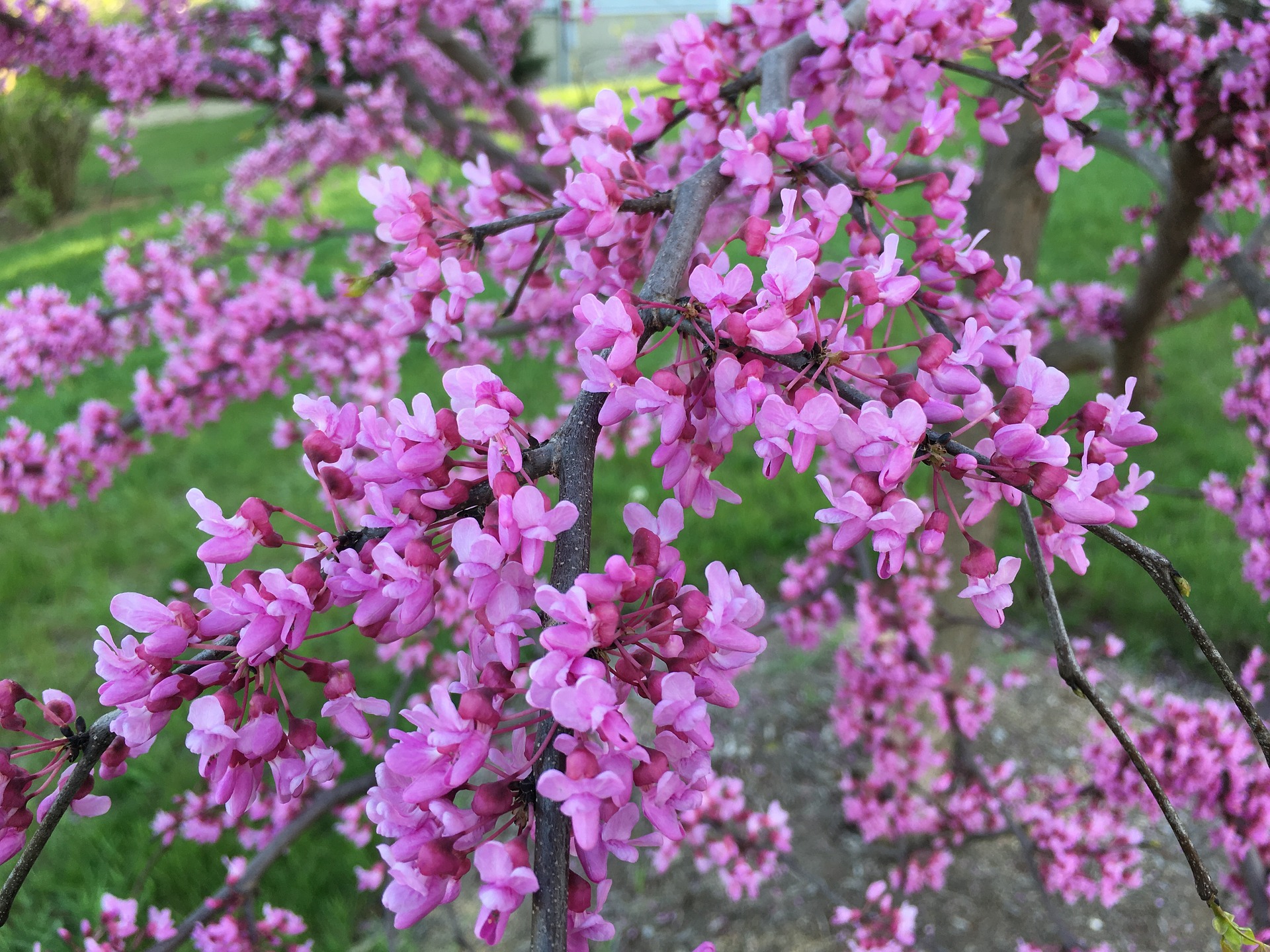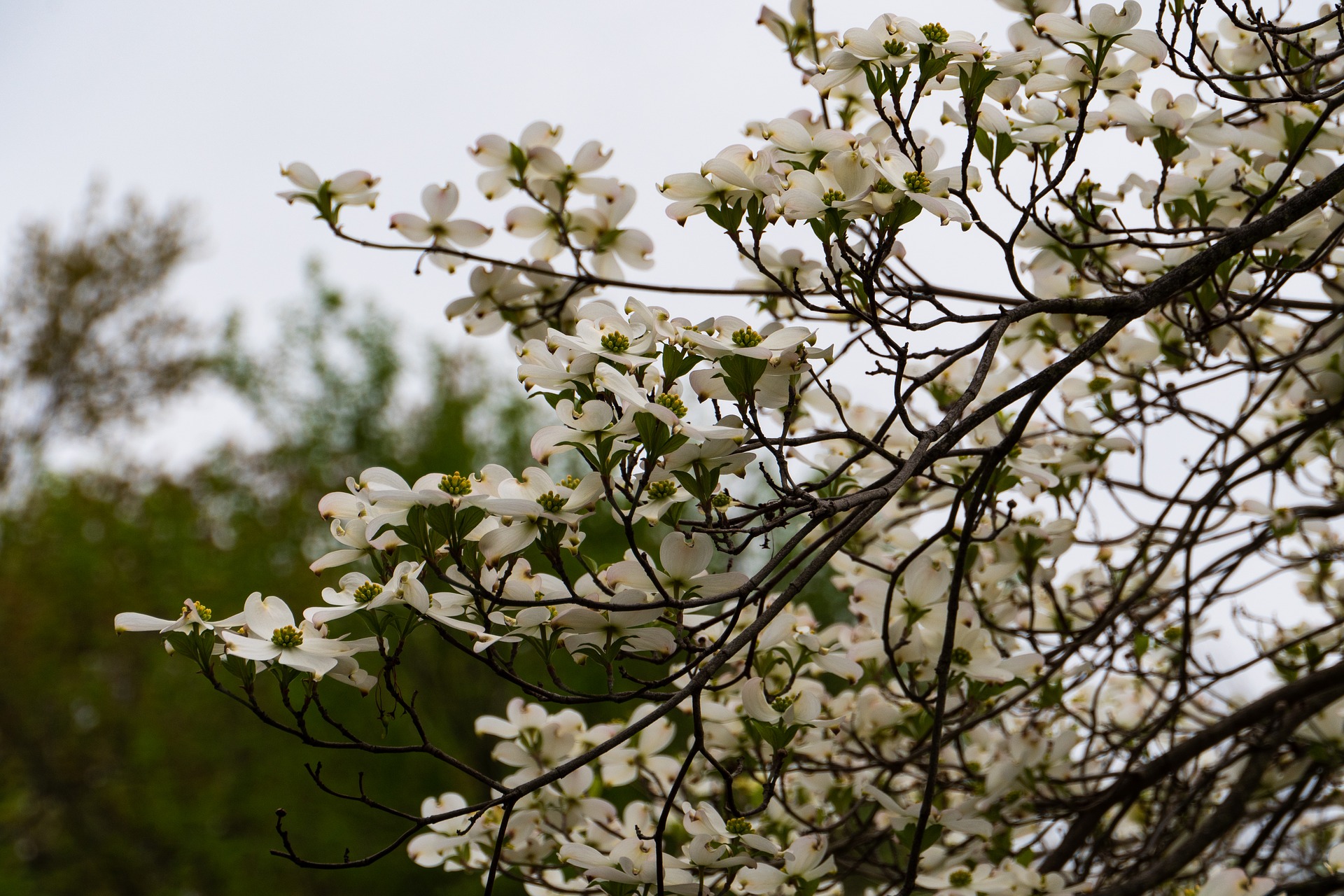Spring is almost here, a time when thoughts turn to gardening. This year, consider planting native plants. In a time when our ecosystems are threatened by constant road-widening projects and a shortage of pollinators, like bees, you will not only be helping the environment, but you will add beauty to your home.
Benefits of Native Plants
- Save money and water – Native plants hold water better than non-native plants because they are accustomed to the amount of precipitation that our area receives. You will have to water them less and therefore, save money on your water bill.
- Resistant to local weather – Plants that are native to Northern Virginia can withstand our most frigid days in the winter and our hottest days in the summer. Because of this, they are more likely to grow back each year, preventing you from having to buy another plant to replace them.
- Less maintenance – When a plant is native to a particular area, it is less vulnerable to disease, drought and other environmental factors. It also spreads out quickly leaving less room for weeds. As a result, it requires less maintenance. Native plants also prevent the soil from flooding and keep it rich.
- Restores natural habitats – Native plants provide a variety of food such as fruit, nuts, nectar and seeds, for the birds and animals that are also native to our area. When you plant native plants, you are creating a natural habitat for the wildlife that needs it to survive.
- Non-invasive – Native plants are non-invasive, meaning they allow the other plants around them to grow more freely.
- No pesticides needed – Native plants have a built-in defense system against indigenous insects, fungi and disease since they are adapted to the climate. For this reason, you don’t need to spray them with pesticides.
Northern Virginia Native Plants
 Whether you’re looking to plant trees, shrubs or flowers, there are a variety of plants that are native to Northern Virginia to choose from.
Whether you’re looking to plant trees, shrubs or flowers, there are a variety of plants that are native to Northern Virginia to choose from.
Trees
- Serviceberry – This tree provides pretty white blooms in the spring, berries for birds in the summer and colorful leaves in the fall.
- Eastern Redbud or “Rising Sun” – In early spring, this tree produces rosy-lavender flowers. In the summer it produces heart-shaped lime green leaves, and in the fall, its leaves turn orange, gold and yellow.
- Flowering Dogwood – This is a Native American flowering tree. It produces white flowers with four petals that open flat. Birds love its bright red fruit.
- Sweetbay Magnolia – This is a fragrant tree that produces white flowers that smell like vanilla. The branches smell like spice. The fragrances can be detected from hundreds of yards away.
Shrubs
- Summersweet – This shrub is compact and great for small gardens or for use along foundations. They also mix well with perennial borders.
- Virginia Sweetspire or “Little Henry” – This is another compact shrub that produces beautiful white, fragrant flowers in the summer and garnet-red leaves in the fall.
- Beautyberry – Arching branches make this shrub stand out from others along with its yellow-green foliage in the fall and its purple fruit in the fall and winter.
- Munchkin Oakleaf Hydrangea or “Munchkin” – This plant is great for smaller areas because it stays compact unlike traditional oakleaf hydrangeas. Its blooms start out white and turn to pink. They also hold up to heavy rain. In the fall, the blossoms turn orange.
- Redtwig Dogwood – The “Artic Fire” variety of this plant has bright red stems and grows to only half the size of a regular dogwood.
Flowers
- Thread-leaf Blue Star – This plant has fine foliage, clusters of steel blue flowers in May and June and golden fall color in autumn.
- Tickseed – This bright yellow flower resembles a daisy. It blooms in June, and its blossoms last until the first frost.
- Coral Bells or “Green Spice” – This plant has purple-veined green leaves layered with silver. It’s great for shady areas.
- Coral Bells also known as “Berry Smoothie”, “Caramel”, “Citronelle” or “Georgia Peach” – The “Georgia Peach” variety of this flower has glowing peach-colored leaves that change to a rosy purple in the fall.
- Black-Eyed Susan – This American classic flower belongs to the sunflower family and likes all types of soil.
If you’d like to learn more about Northern Virginia native plants, visit Plant NOVA Natives.
Looking for real estate services in Gainesville, Haymarket or Bristow? Contact your local real estate expert Belinda Jacobson-Loehle of Jacobson Realty and Home Staging In Gainesville, Virginia today. Also be sure to sign up now for a FREE copy of my eBook, “The Real Estate Key – What You Need to Know!”
3,027 total views, 4 views today
